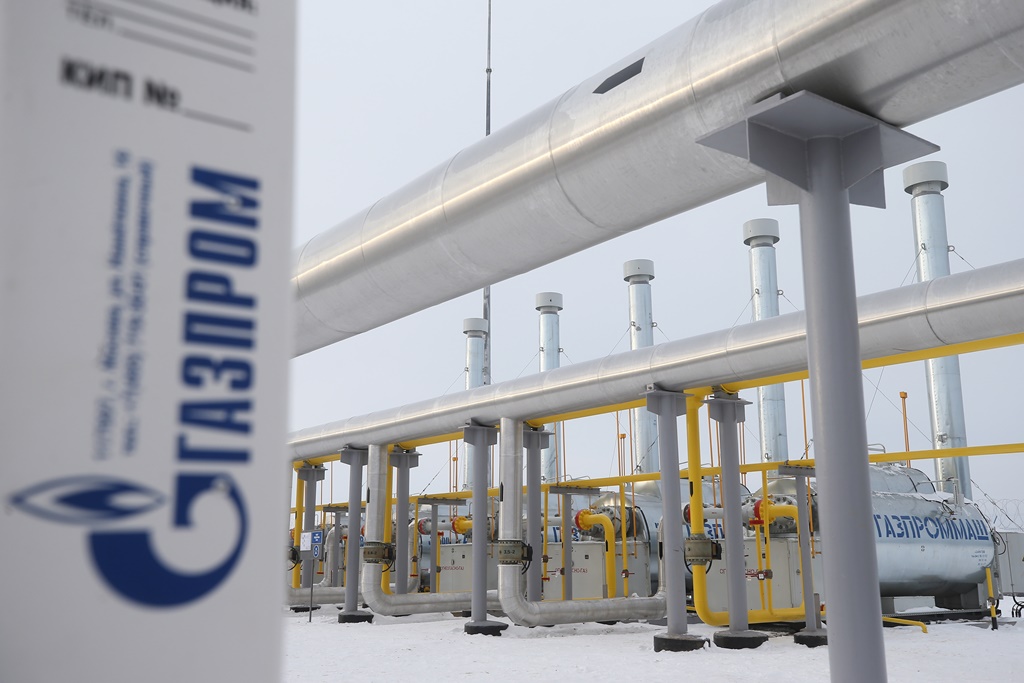Naftogaz-Gazprom Dispute Ruling: Russia’s Loss, Ukraine’s Opportunity

What was the dispute about and what were the earlier rulings?
The Naftogaz-Gazprom dispute concerned contracts for gas deliveries and transit through Ukraine signed in 2009. In a ruling from May 2017, the court rejected Gazprom’s $34.5 billion claim against Ukraine for contracted gas it did not buy in 2012–2014 and it also struck down the parts of the contract that banned Naftogaz from re-exports of natural gas. In December 2017, the Stockholm tribunal issued a ruling on the gas delivery contract. The tribunal rejected Gazprom’s multi-billion dollar claims but also ruled Ukraine must repay about $2 billion in debt and import at least 4 bcm of natural gas a year in 2018–2019 because of the take-or-pay clause, but at market prices.
What is the latest ruling?
The recent ruling concerns the payment for the transit of Russian gas through Ukraine. Naftogaz claimed that the Russians had sent a quantity of gas below the contracted volume and underpaid for transit in 2009–2016, which was a blow to Naftogaz’s finances. The court awarded Naftogaz damages of $4.63 billion. Together with Naftogaz’s debt to Gazprom (the $2 billion from the previous ruling) it means the Russian company must pay a net $2.56 billion to the Ukrainian company.
What does the ruling mean for Ukraine?
The previous ruling already rejected Gazprom’s total claim against Naftogaz, which would have ruined the Ukrainian company and hit the state budget that backs it. The recent ruling is strategically important because it means a financial injection into Naftogaz and clears the way for the company’s restructuring. Now, the main responsibility for the reform and engaging foreign stakeholders in Ukraine’s gas transmission facilities lies with the government. However, there is still the issue of a dispute between Naftogaz and the Ukrainian government, which to date has hindered the reforms. Successful implementation of the reforms will strengthen Ukraine’s international credibility, crucial in the discussion over whether to allow construction of the rival Nord Stream 2 gas transmission pipeline.
What does the ruling mean for Russia?
The rulings, despite some positives such as the requirements for Ukraine to purchase a certain amount of Russian gas in the two-year period, comprise a serious blow to Russia’s image and challenge Gazprom business practices, such as re-export bans. Gazprom failed to achieve its strategic goal of getting an independent court ruling against Ukraine as a reliable transit country. Gazprom has stated it does not agree with the ruling. Even though it is not possible to appeal the arbitration award, the Russians will try to undermine the verdict through procedural matters. The payment ordered by the court is relatively small compared to the mutual claims, but paying it may cause problems for Gazprom, which needs it to invest in expensive infrastructure like Nord Stream 2 and because it may undercut the price it gets for bonds it plans to sell soon.



